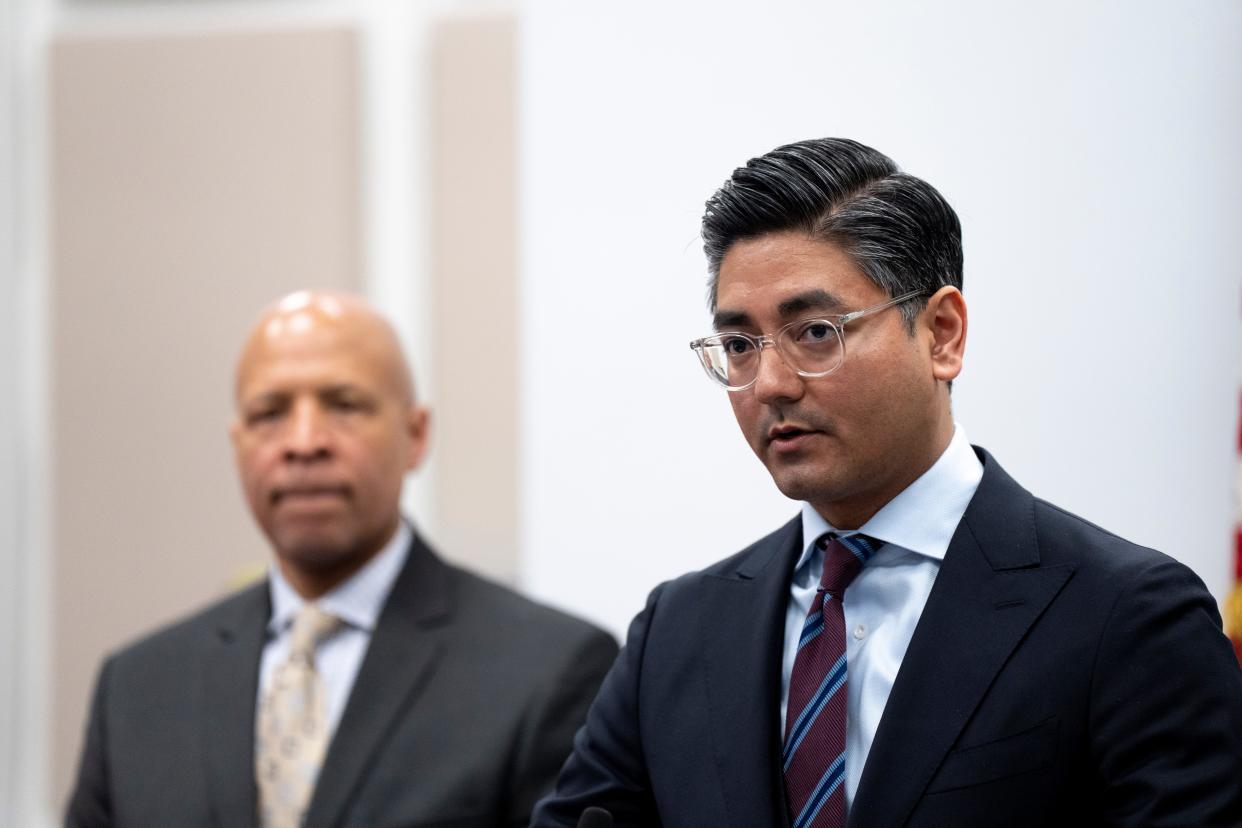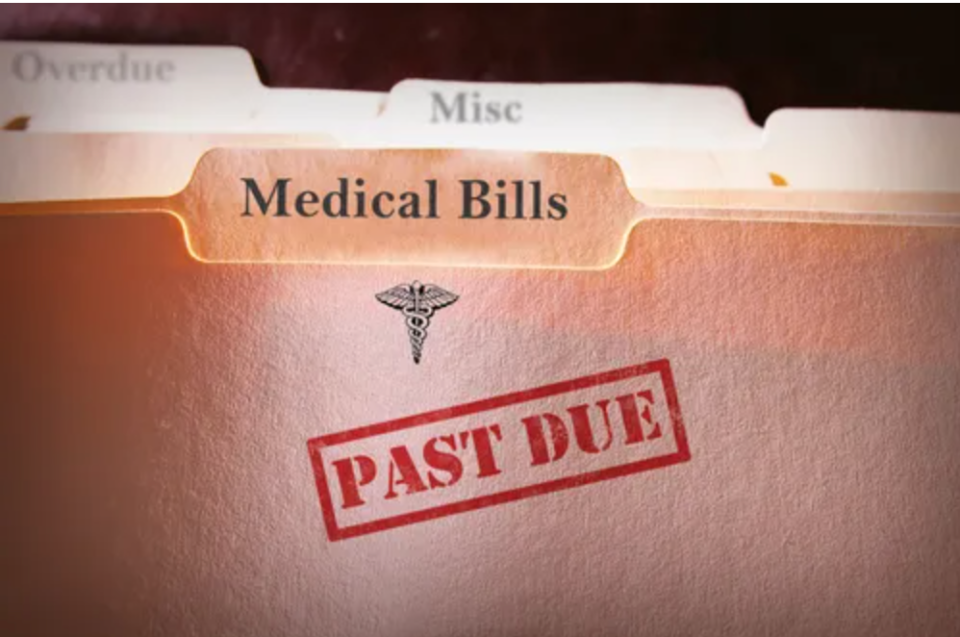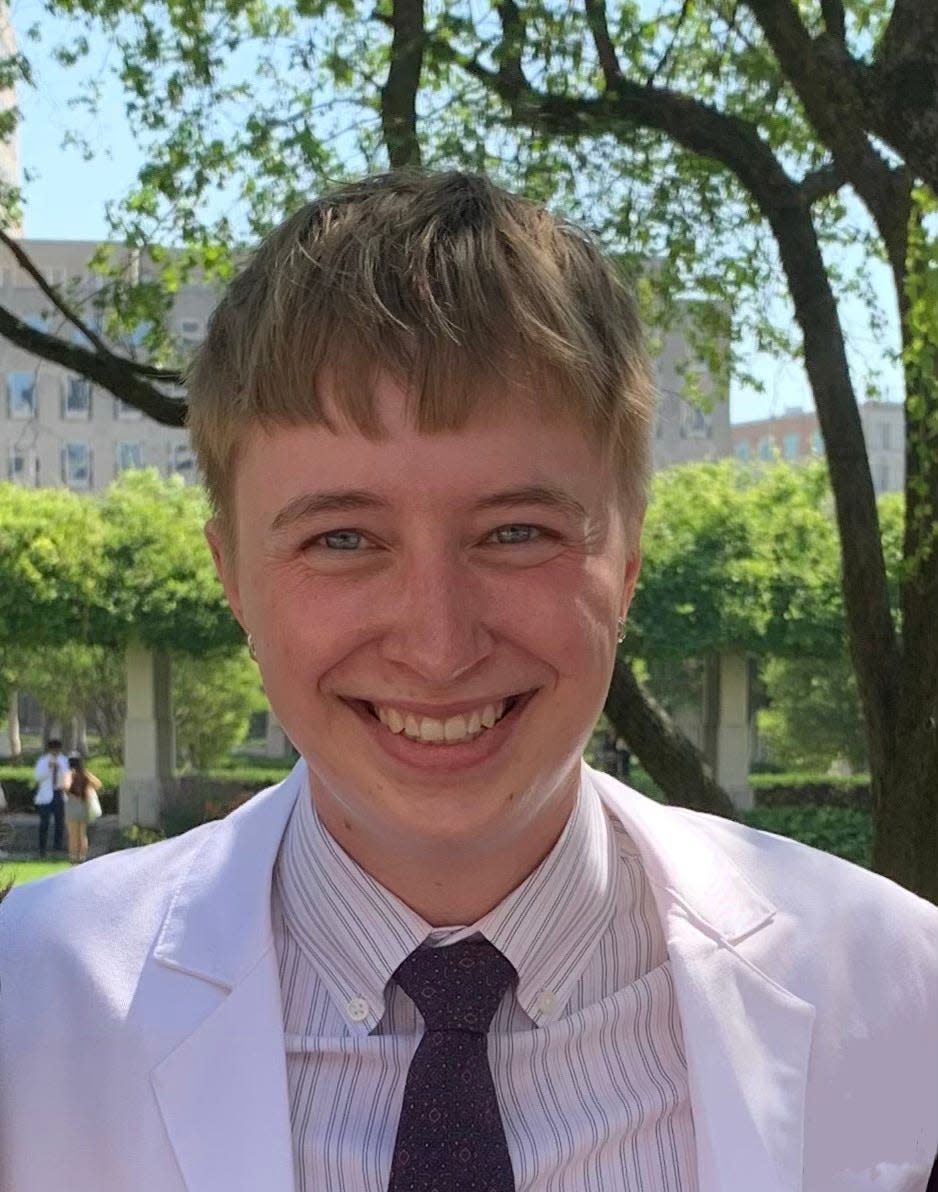Medical debt relief needed for families in city | Opinion

Cincinnati Mayor Aftab Pureval and Cincinnati City Council have an opportunity to make a big impact by forgiving medical debt for thousands of Cincinnatians.
Last week, Mayor Purveal released his recommended Fiscal Year 2024-25 Budget, a hefty $1.59 billion, which includes what remains of the $280 million that the city received from the federal government in 2021 via the American Rescue Plan Act, aimed to help Cincinnati deal with deficits associated with the COVID-19 pandemic.
One of the most important items in the proposed budget is the $1.5 million apportioned for medical debt relief for over 30,000 residents. The Mayor’s Office plans to accomplish this by partnering with RIP Medical Debt, a nonprofit organization that purchases patient medical debt from hospitals and abolishes it entirely, working to remove it from credit histories when possible. Families making below 400% of the federal poverty level are eligible for forgiveness by RIP Medical Debt. The organization has already forgiven over $8 billion of debt for millions of Americans since its founding in 2014. RIP Medical Debt buys debt at about 1% of its actual dollar value, so with the allocated $1.5 million, the city of Cincinnati could relieve up to $150 million in crushing medical debt for thousands of working families.
Cincinnati would not be the first Ohio city to allocate funds toward medical debt relief. Passage of this budget item would follow Toledo ($800,000) and Cleveland ($1.9 million) in providing this important and timely assistance. Columbus ($2 million) and Akron ($500,000) have each proposed similar measures for this budget cycle.

Medical debt is not just a financial issue; it is also associated with worse mental and physical health and health care avoidance. For instance, 63% of adults with medical debt report cutting back on food and basic household items. Eighty percent report skipping or delaying medications due to concern about the cost, and 15% have been denied care by a health care provider as a result of their medical debt. Indebted persons are more likely to have negative mental health outcomes and may have higher blood pressure and shorter life expectancies than their debt-free peers. By relieving thousands of residents from medical debt, Cincinnati would be prioritizing the health of its citizens.
Given Cincinnati’s historically deep disparities in economic status between white communities and communities of color, racial gaps in medical debt burden cannot be ignored. While Hamilton County residents already have more medical debt than the national average, the burden of medical debt is also disproportionately carried by communities of color, with 21% of these residents holding medical debt compared to just 12% of residents in white communities. The debt burden is also more substantial for residents in communities of color, with an average of $138 more per person than their white counterparts ($877 vs. $738). Passing the budget with medical debt relief funding would integrate well with Mayor Purveal’s commitment to improving and sustaining racial equity throughout the Cincinnati community.
We urge City Council to approve the funds Mayor Pureval recommended for medical debt relief. Cincinnatians deserve relief from the crushing costs of health care, and this small investment from the city (about 0.1% of the total budget) will have huge positive impacts on families.
City Council is holding a final public input forum for the FY 2024-2025 budget on June 5 at 5:30 p.m. in the Council Chambers of City Hall, where citizens are welcome to testify in support of medical debt relief.
Carson Hartlage is a Clifton resident and a medical student at the University of Cincinnati College of Medicine. Glen McClain is a Northside resident and a medical student at the University of Cincinnati College of Medicine. Justin May is a Pendleton resident and a medical student at the University of Cincinnati College of Medicine.



This article originally appeared on Cincinnati Enquirer: Medical debt relief needed for families in city | Opinion

